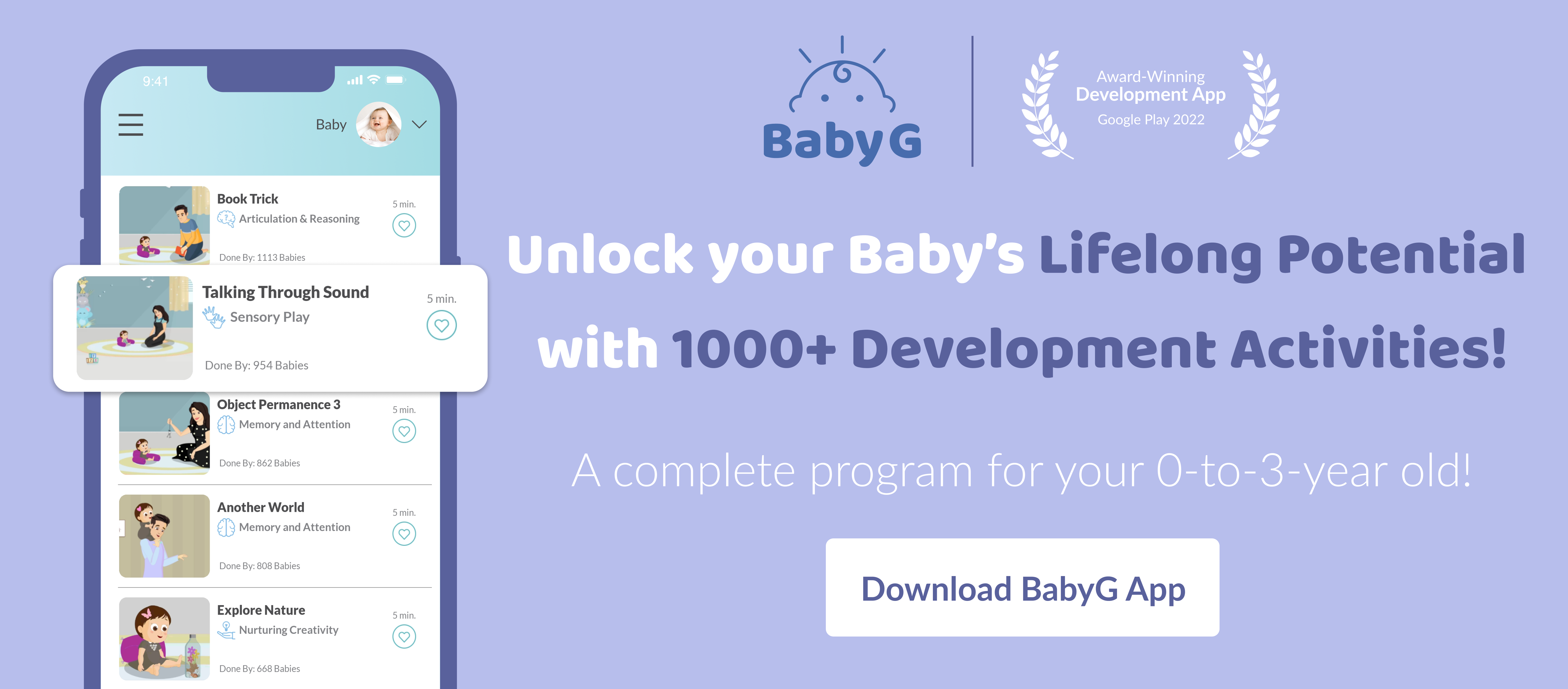
Should I Wake My 2 Month Old Baby To Feed?
Well, the answer revolves around three deciding factors – your baby’s weight, age, and how well your baby is growing. Pediatricians usually take these three things into consideration when determining if a baby needs to be woken up for feedings or if it’s okay to let them sleep longer.
When it comes to newborns, parents are advised to wake their baby for a feed during the first two weeks after birth if they sleep longer than four hours. Do you know why that is so? It’s because newborns lose around 10% of their birth weight during the first few days. So, it becomes really important to help them regain the lost weight by offering them breastmilk or formula at timely intervals. But when a baby is 2 months old, experts suggest not waking a 2 month old to feed at night because, by now, their tummies have a larger capacity, so they drink more milk than they used to when they were newborns, and hence, can skip a nighttime feeding and sleep for longer stretches.
So if you’re a lucky parent whose baby has already started sleeping for a good 6-8 hours at night, you may want to wake her up from her daytime naps if she’s still sleeping beyond four hours. This way, you can make sure your little one is getting most of her nutritional requirements fulfilled during the day, so skipping a nighttime feed won’t be a problem.
If you still have any doubt about whether you should wake up your 2 month old to eat, get on a call with your pediatrician or talk to them on your next scheduled visit and discuss this point in regards to your baby. If your baby is well on the growth curve with no other concerns, you will probably receive a green signal to let her sleep longer and not disturb her. She can always enjoy a feeding when she wakes up!
What To Do If 2 Month Old Doesn’t Wake Up To Eat?
A 2 month old feeding frequency is 6–8 times in a 24-hour period. So, if your baby is getting these many feedings in a day and is having 4-5 ounces of milk after every 3 to 4 hours, it’s okay if your baby doesn’t wake up to eat after every 3 hours or so. Let her sleep and recharge herself. As we have said earlier, it’s okay to let a 2 month old sleep more than 4 hours if they are growing well and wetting an adequate number of diapers as suggested by your doctor.
But if your pediatrician is concerned about your baby’s weight gain, they may want you to wake up your baby to eat if she is not waking up on her own. But how do you wake up a sleeping baby? Here’s what you can do to break your little one’s sleep gently so she can feed on time and meet her caloric needs:
- Try talking or singing to your baby in a gentle voice. Your voice may be enough to wake her up.
- Dim the room’s lights, as babies are more comfortable opening their eyes in dark surroundings.
- Give your baby a diaper change so she wakes up to all the commotion and is wide awake for a feed.
- Pick up your baby and bring her close to your breast. Her natural reflex may get her to start feeding.
- Remove the blanket and slowly undress your baby, bringing her a little out of her comfort zone so she can wake up for a feeding session.
2 Month Old Baby Feeding & Sleeping Schedule
At 2 months, your baby will still be sleeping for most of the day and waking up for feedings and snuggles. Your baby will likely tell you she’s hungry by putting her fingers in her mouth or making sucking gestures. So, keep an eye out for these subtle signals to know your baby is hungry and wants to eat. A typical 2 month old feed schedule is here for your reference and this is what it looks like:
For breastfed babies: 6–10 feedings per day, with each feeding lasting 10–20 minutes.
For Formula-fed babies: 6–8 feedings per day, 3–4 ounces (90–120 mL) in each feed.
Now let’s look at a 2 month old’s sleeping schedule:
Total hours of sleep needed: 14–17 hours a day
Number of naps: 4-6 naps during the daytime
At 2 months, some babies may not wake up for a feed, while others may wake up every few hours when they are hungry. Both of these scenarios are normal, so there’s no need to worry.












LEAVE A COMMENT